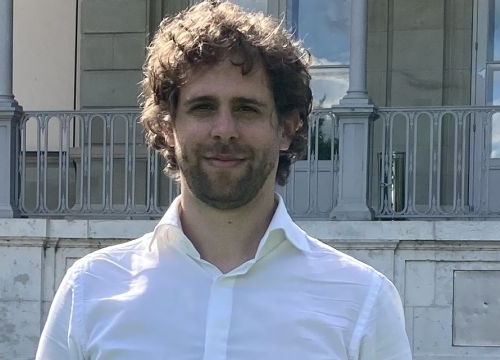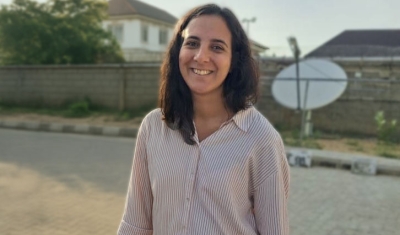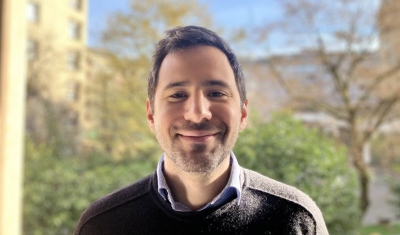Executive Master in International Law in Armed Conflict: What Participants Say


Christian Durisch Acosta
4 August 2021
Christian Durisch Acosta works in Burkina Faso with the United Nations Office for Humanitarian Affairs (OCHA). As a Humanitarian Affairs Officer deployed from the Swiss Humanitarian Aid Unit, he supports and advises the humanitarian country team on the interlinkages between humanitarian, development and peace actors – the so-called triple nexus – and advocacy strategies.
Prior to that, Christian worked as scientific collaborator in a lawyer’s office in Bern, specializing in refugee law; as a Human Rights Adviser with UNAIDS in Mozambique; Project Associate with OHCHR in Honduras; and Coordinator/Advisor of the International Commission against the Death Penalty.
Christian is enrolled in our Executive Master in International Law in Armed Conflict. He completed the programme’s courses back in June 2020 and defended his Executive Master’s paper on siege warfare from a human rights perspective in August 2021.
Why did you choose the Executive Master in International Law in Armed Conflict?
I was looking for a part-time postgraduate programme in international law to complement my professional profile, stimulate my academic interest, and maybe even open up a path to research-oriented jobs or a PhD. The Executive Master seemed to respond to all these goals.
Does it respond to your expectations?
I deeply enjoyed listening to the lectures, reading the all the materials and pursuing my personal research interests. Writing my thesis on siege warfare from a human rights perspective was a wonderfully stimulating experience. So yes, the richness of the curriculum and excellence of the professors and teaching assistants, who were genuinely interested to interact, did meet the expectations that the reputation of the Geneva Academy creates.
What are the highlights of the programme?
I am originally a historian, which is probably also why the courses on public international law turned out to be a highlight for me. I am still fascinated how the course, which was masterfully taught by Distefano and Gazzini, made me reflect on the intricacies of International Law and History as scientific disciplines.
Can you easily manage following this programme and working at the same time?
I would say this depends very much on how you approach the endeavour of a postgraduate course while working aside. I wanted to benefit as much as possible, and hence reduced my working hours and committed the bulk of my spare time to this programme.
What will it bring to your career?
The acquired thematic and methodological expertise has made my profile more competitive. The good reputation of the Geneva Academy helps in this regard, too. I also hope to continue pursuing my research interests in one way or another.
Would you recommend it?
Yes, I highly recommend this Executive Masters programme to anyone wishing to develop a comprehensive understanding on how international law applies in fragile contexts and armed conflict.





